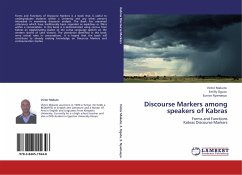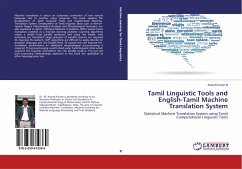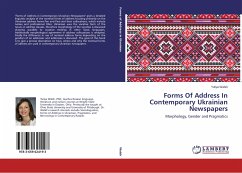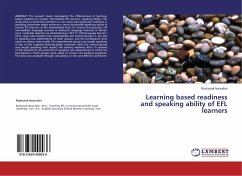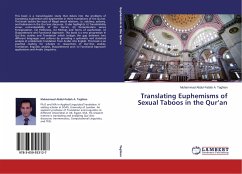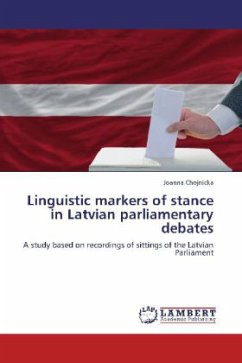
Linguistic markers of stance in Latvian parliamentary debates
A study based on recordings of sittings of the Latvian Parliament
Versandkostenfrei!
Versandfertig in 6-10 Tagen
52,99 €
inkl. MwSt.

PAYBACK Punkte
26 °P sammeln!
Based on a substantial corpus of recordings from the Latvian Parliament's sittings, this book is a detailed analysis of Latvian stance-marking phrases and expressions used in the context of political discourse. It is one of just a few available empirical analyses of contemporary Latvian spoken discourse based on authentic data and possibly the first linguistic analysis of Latvian discourse written in English. Drawing upon a significant body of scientific literature on stance categories in various languages, as well as on the methodology of critical/political discourse analysis, conversation an...
Based on a substantial corpus of recordings from the Latvian Parliament's sittings, this book is a detailed analysis of Latvian stance-marking phrases and expressions used in the context of political discourse. It is one of just a few available empirical analyses of contemporary Latvian spoken discourse based on authentic data and possibly the first linguistic analysis of Latvian discourse written in English. Drawing upon a significant body of scientific literature on stance categories in various languages, as well as on the methodology of critical/political discourse analysis, conversation analysis, sociolinguistics, corpus linguistics, social and political studies, it examines stance taking into account the notions of positive and negative politeness, social face, claiming or disclaiming commitment, responsibility or authority, the speakers roles, perspectives or footings , argumentative strategies, and similar. It shows how Latvian speakers work to establish common ground, invoke the feelings of rapport and solidarity, or position themselves and other participants of discourse with relation to the Us vs. Them distinction.



